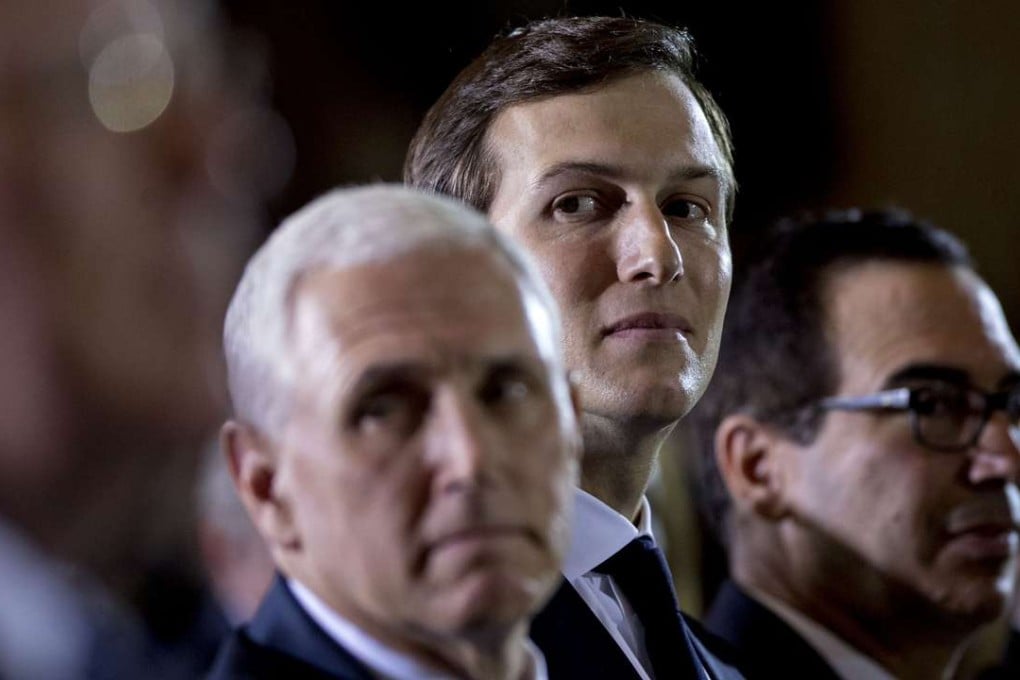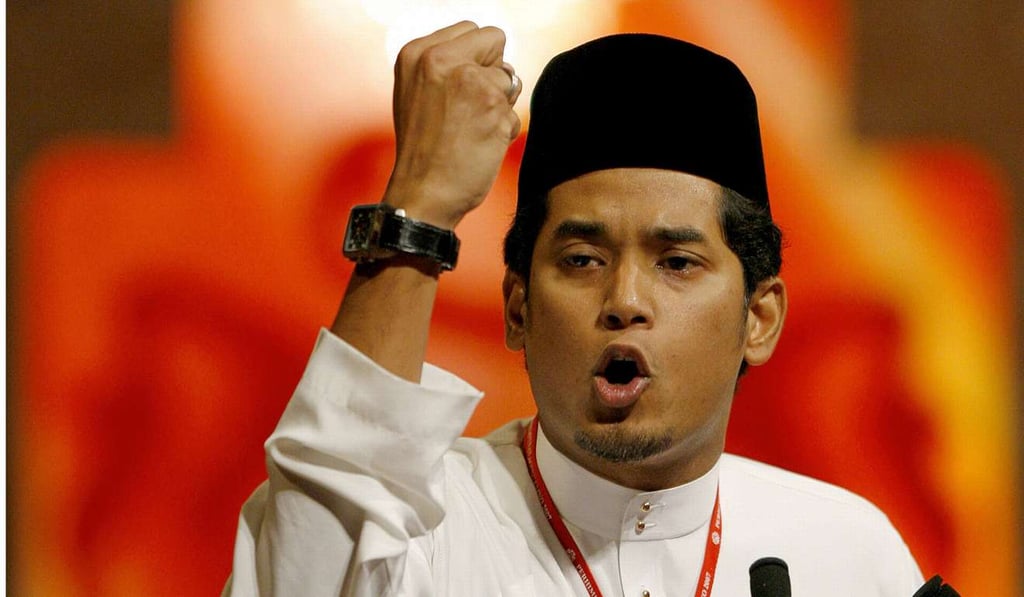Asian Angle | What Jared Kushner has to learn from Malaysian, Indonesian dynasties
Politics runs in the family in Asia – and now it seems, America too. Donald Trump’s son-in-law would do well to heed the lessons of the Prabowos, Suhartos and Erdogans of the world

“An inch ahead in politics is darkness,” goes a Japanese proverb. Not surprisingly, politicians tend to rely instinctively on family members, who they can naturally trust to steer them through the shadows. Hence dynasticism and politics have always gone hand in hand in Asia – and now it seems America, too.
Prabowo Subianto, who lost to Joko Widodo in Indonesia’s presidential election in 2014, but whose fortunes seem to be turning with the defeat of Widodo’s ally Basuki “Ahok” Purnama in Jakarta’s gubernatorial election this month, married into the household of former dictator Suharto. After divorcing Suharto’s daughter following the president’s fall in 1998, he bided his time, entering the presidential race only when the time was ripe.

Prabowo had once been accused by pro-democracy students as being responsible for the killing of several students of Trisakti University in May 1998, a defining event in Indonesia’s history that led to the uprising that eventually unseated Suharto. Yet, with memories of that painful incident receding, Prabowo has returned to the forefront of Indonesian politics.
In Malaysia, the possibility of Khairy Jamaluddin, the son-in-law of former Malaysian premier Abdullah Badawi, emerging as a top leader cannot be ruled out. An astute policymaker, Jamaluddin has served as the president of the ruling party’s youth wing and is currently the minister of sport and youth. Prime Minister Najib Razak has entrusted Jamaluddin with the task of “transforming” Malaysia by 2050 – a plan known as TN 2050.

